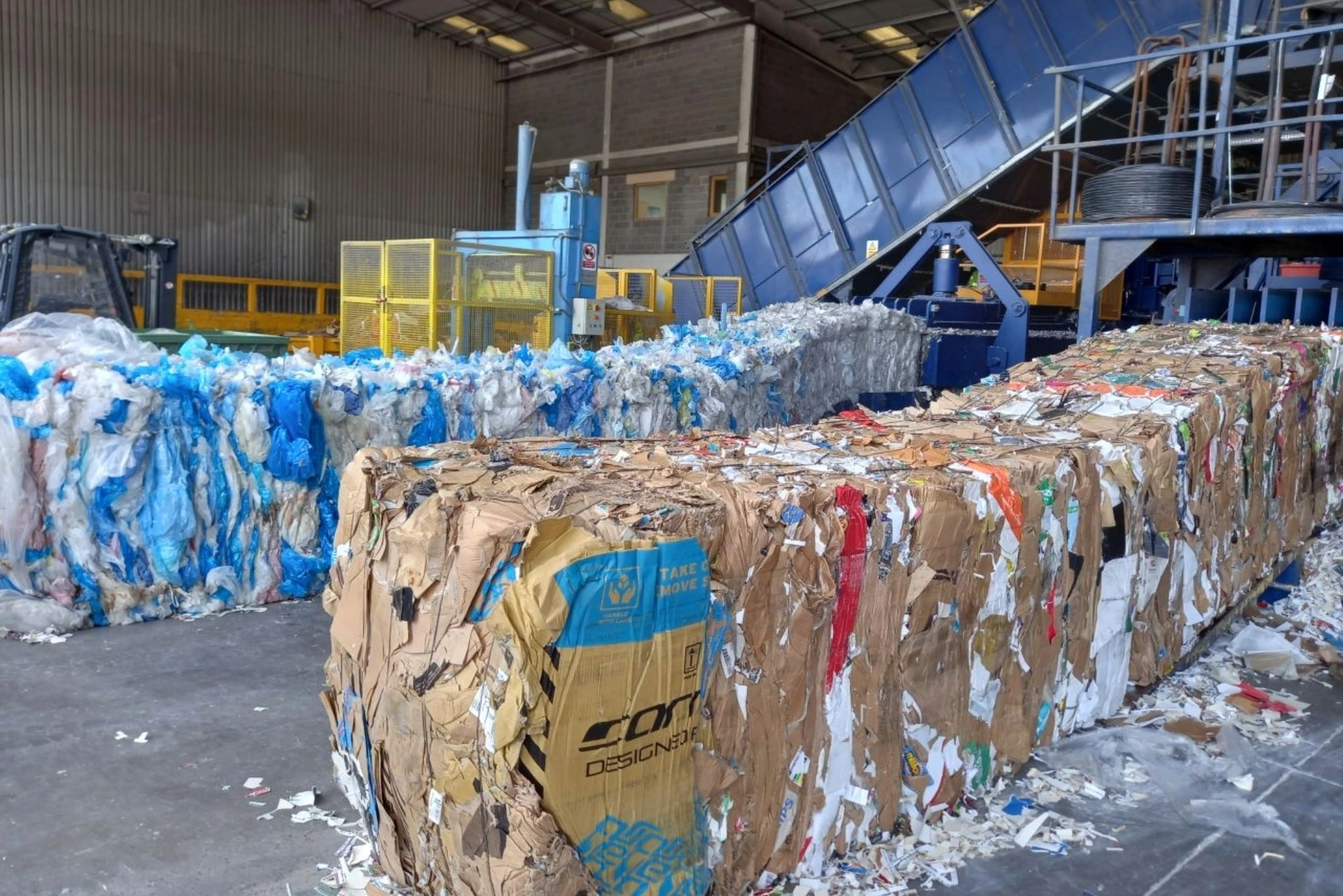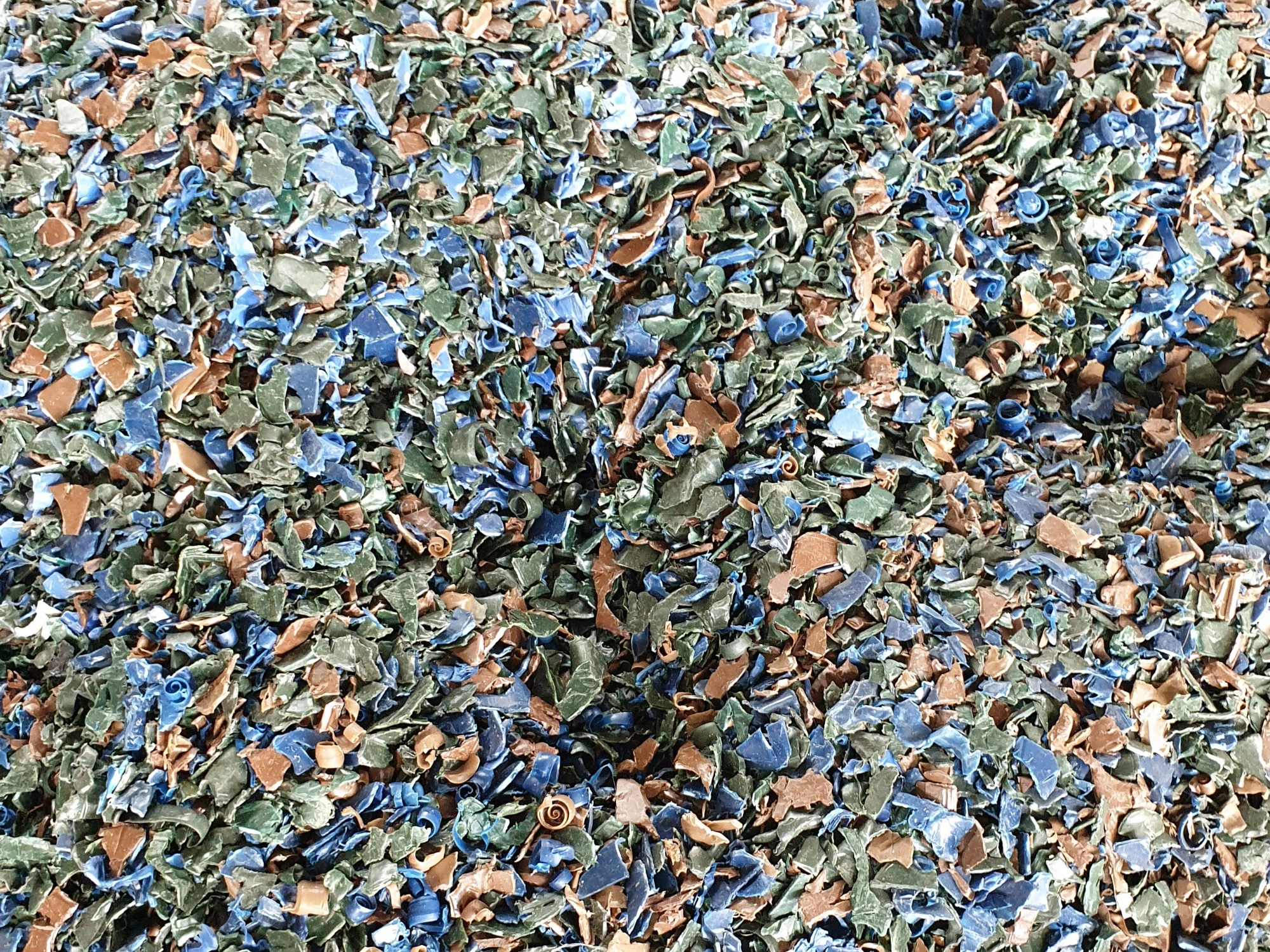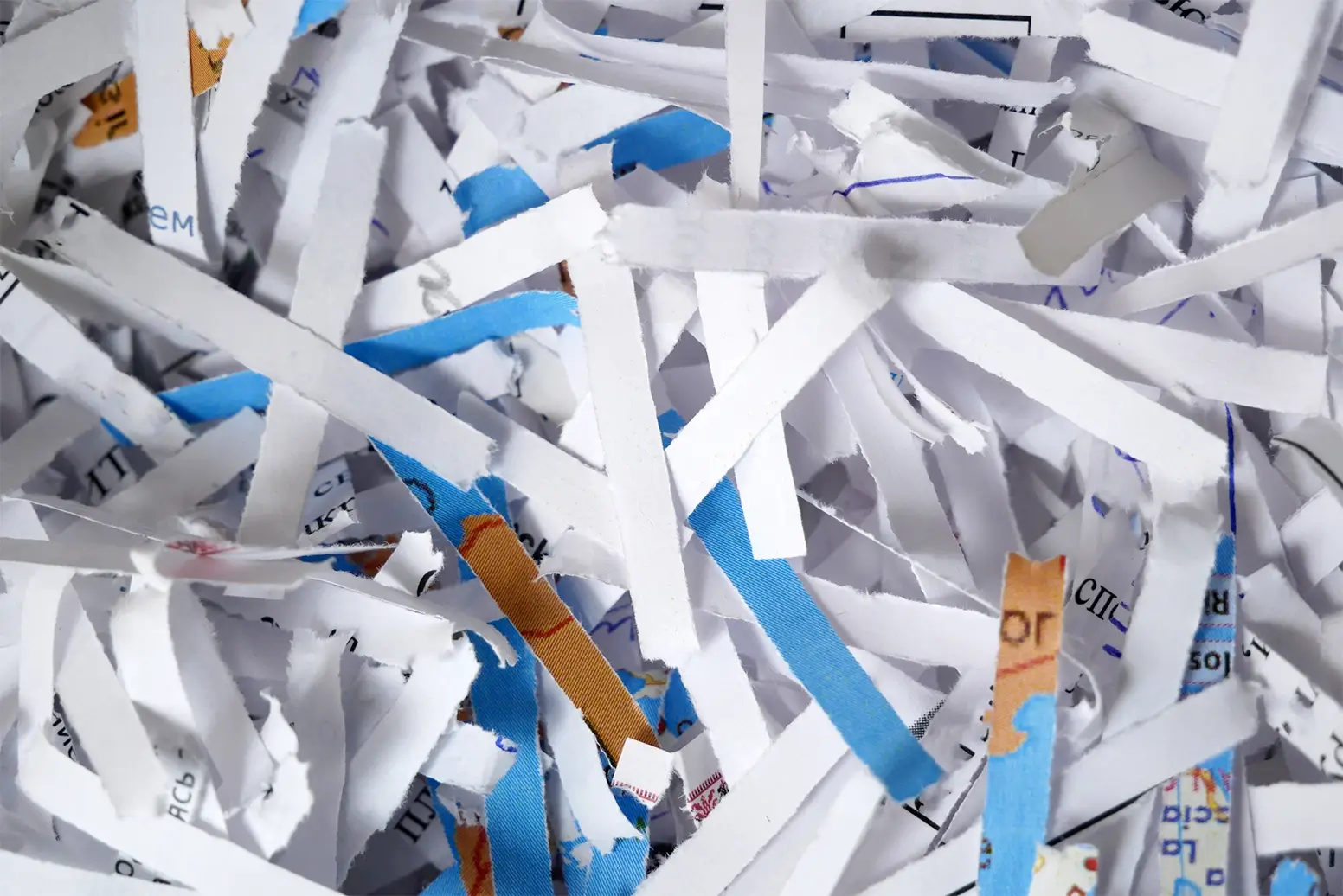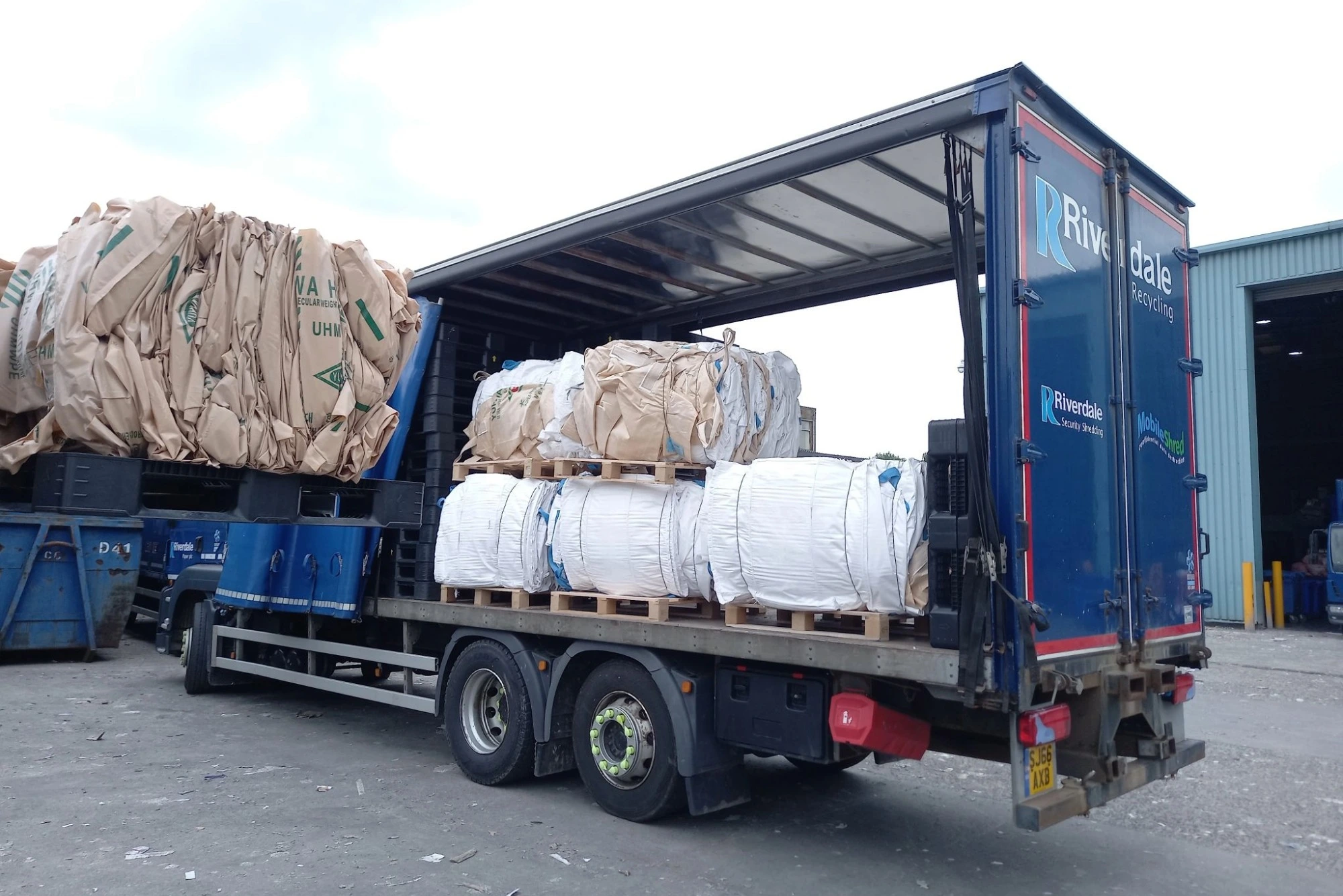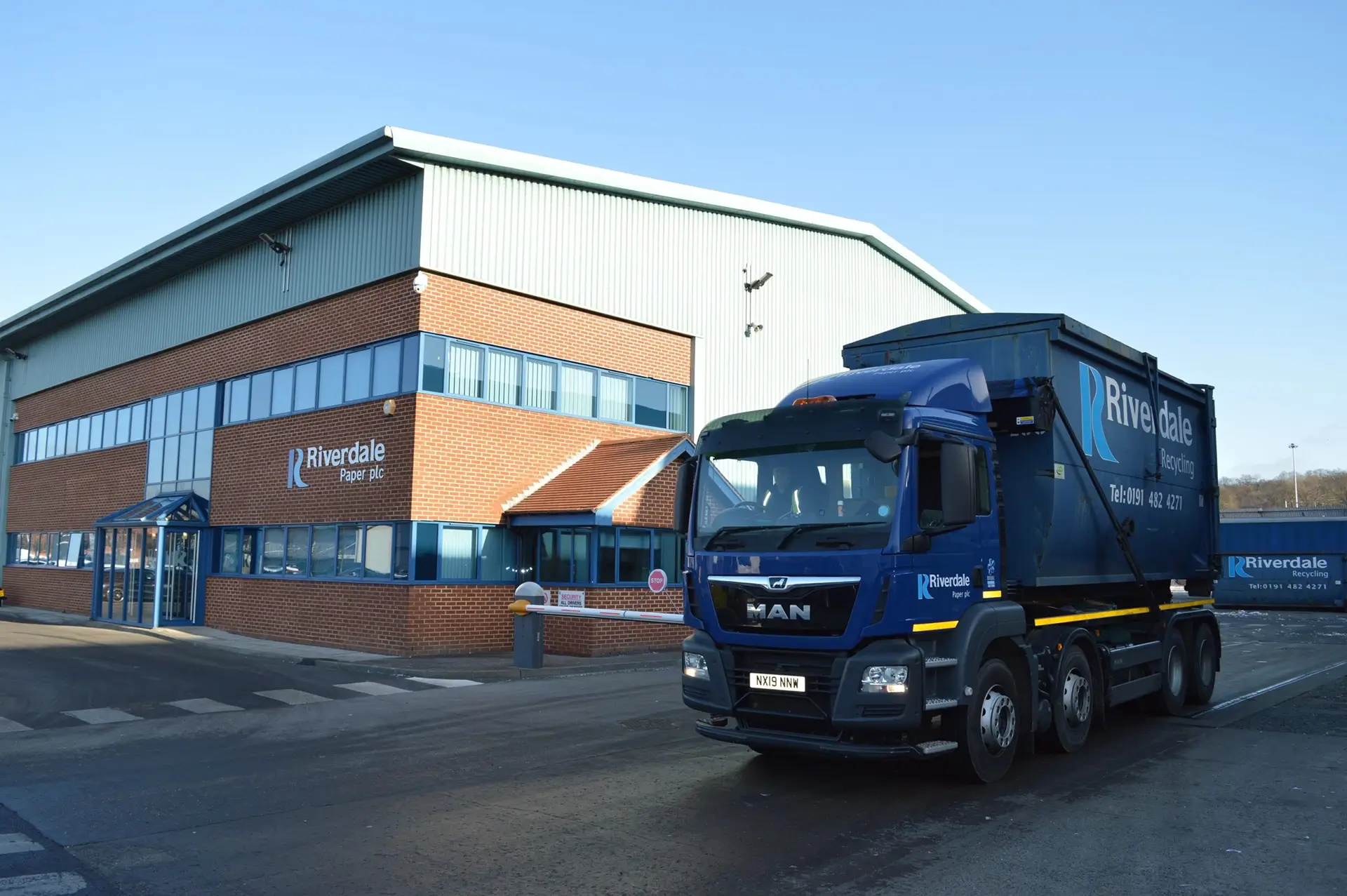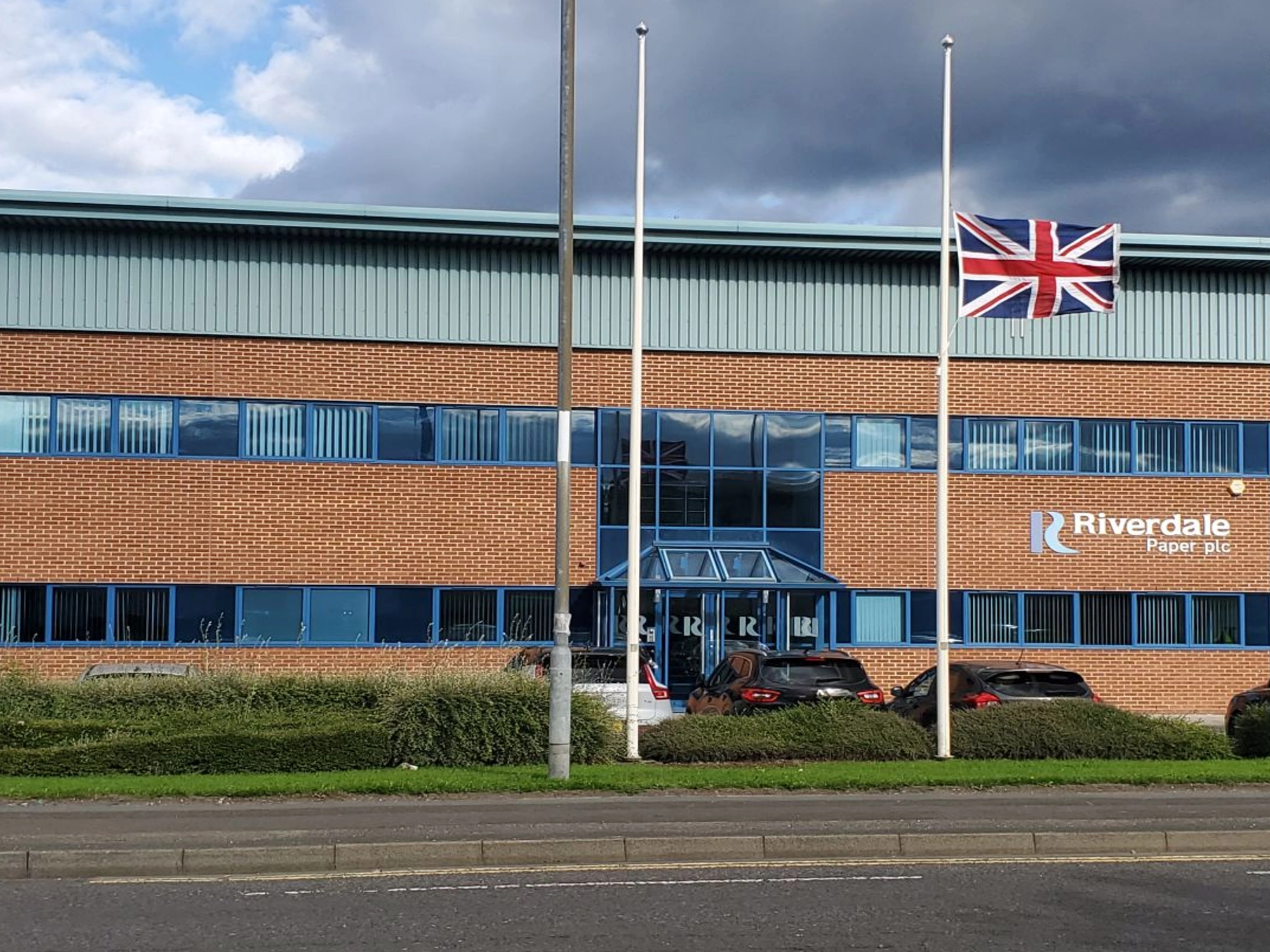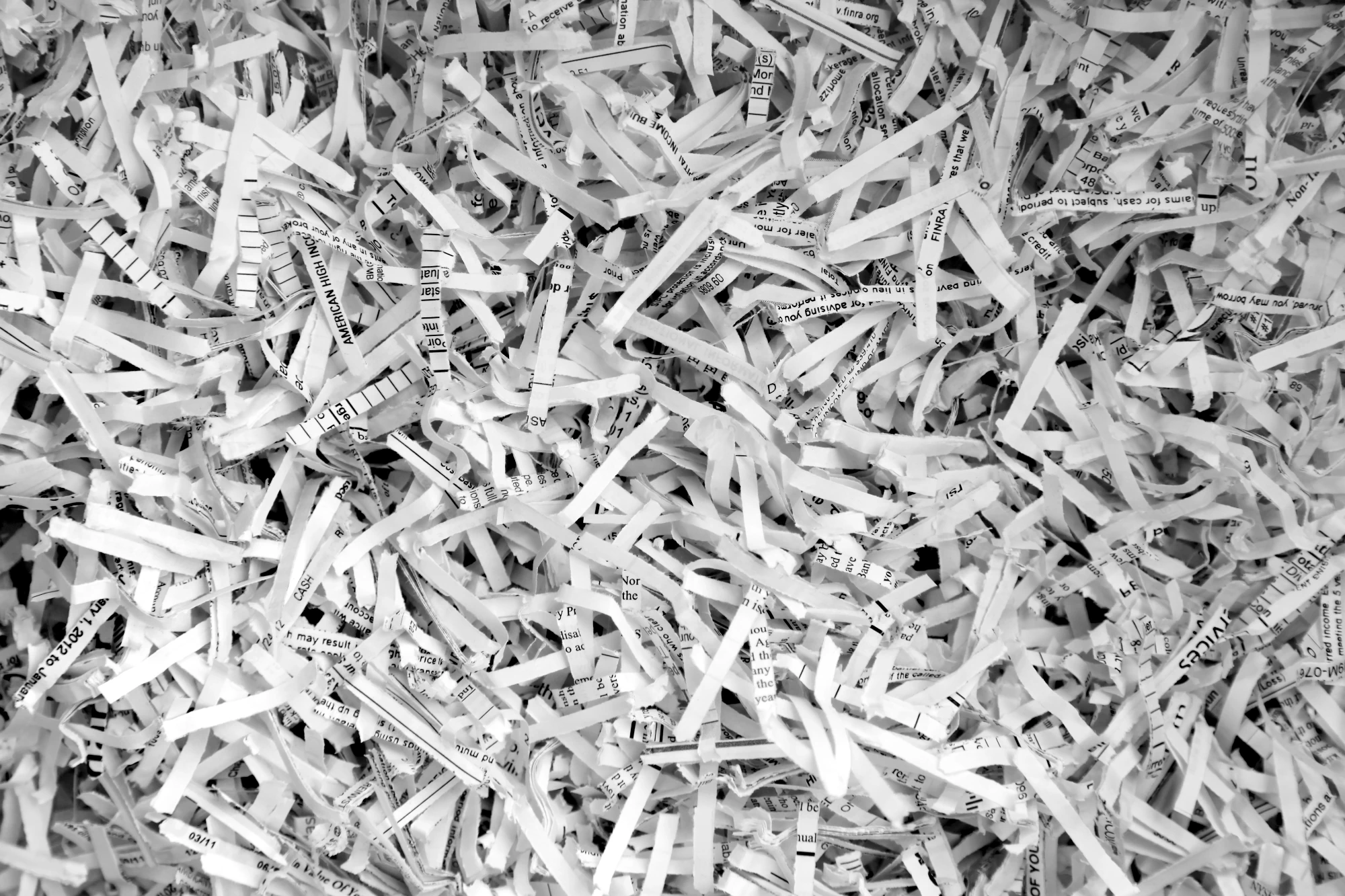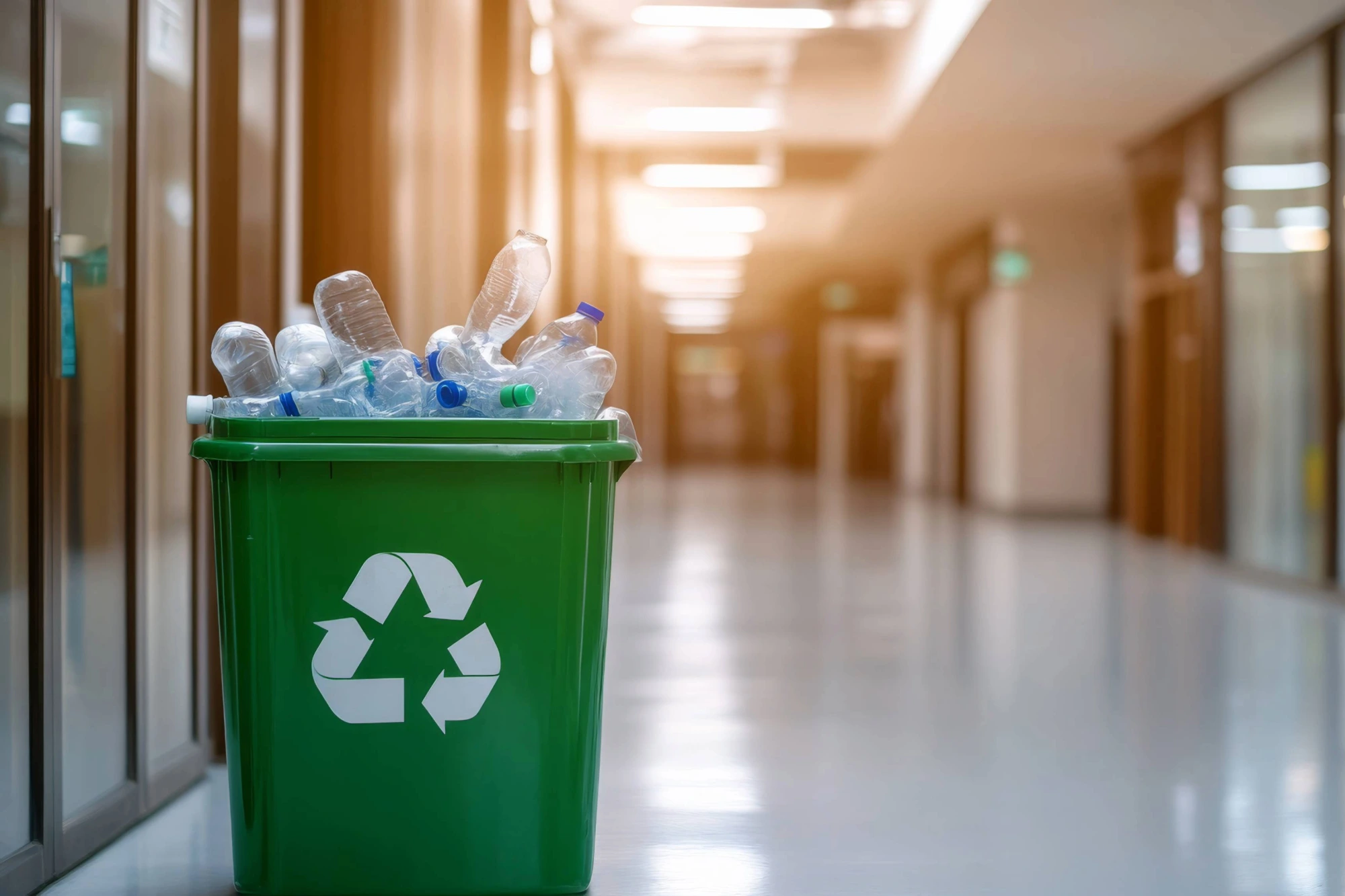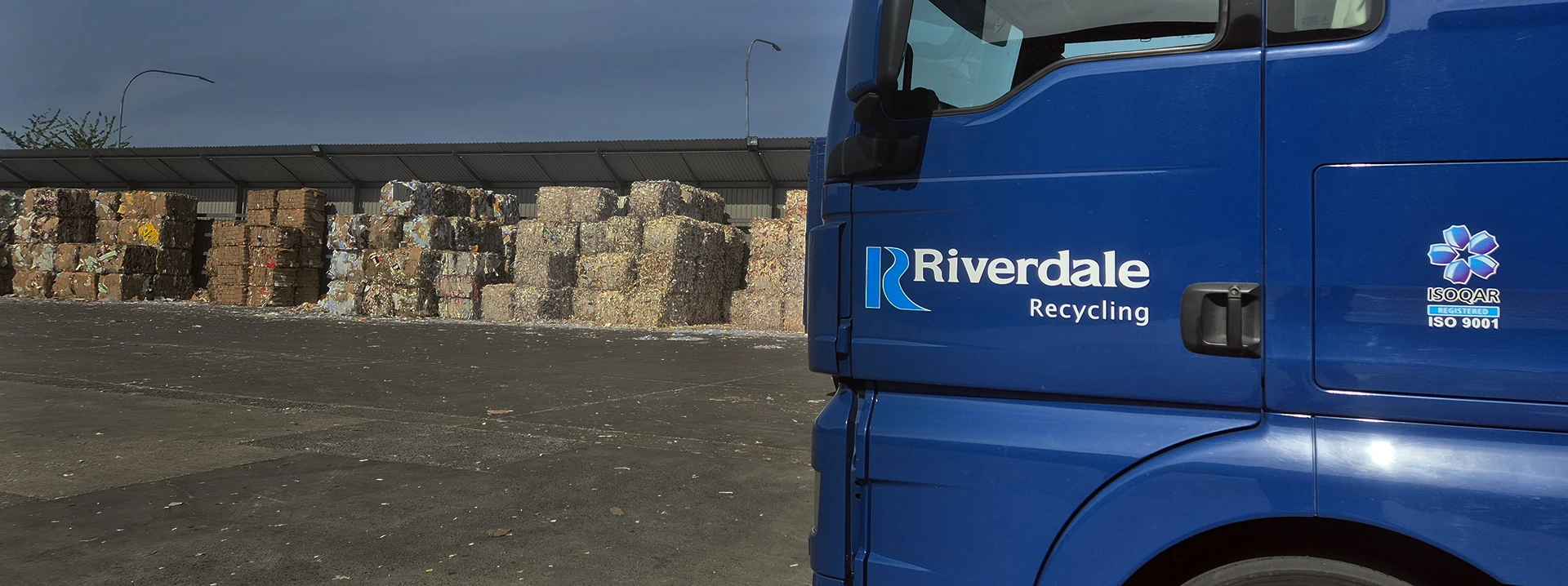Paper
Paper 3 Apr 2025
Our complete guide to paper recycling
In an era where environmental and corporate responsibility are becoming increasingly important, UK businesses face increasing pressure to adopt sustainable practices.
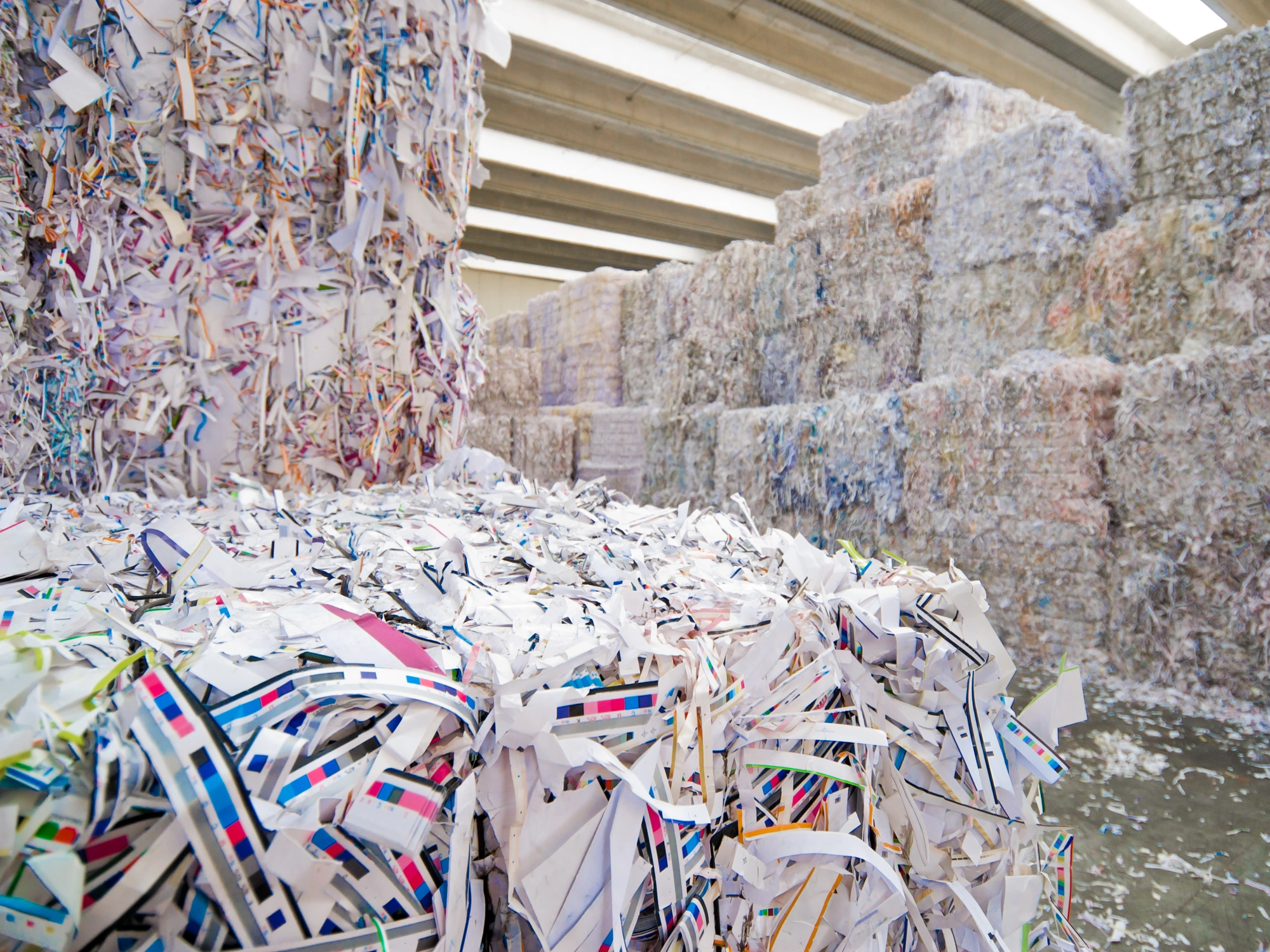
The Simpler Recycling legislation in the UK has further underscored the importance of proper waste management, making paper recycling not just an environmental choice but also a legal obligation for many enterprises. As a trusted partner for businesses nationwide, the team at Riverdale Recycling are dedicated to simplifying and optimising paper recycling processes. This guide aims to provide a comprehensive overview of paper recycling for UK businesses, covering its importance, the recycling process, the types of paper that can and cannot be recycled, what recycled paper becomes and how we can support you.
The benefits of paper recycling for your business & the planet
The rationale behind paper recycling extends far beyond waste reduction, encompassing significant environmental advantages and tangible benefits for UK businesses. Environmentally, recycling paper plays a vital role in reducing the demand for virgin wood pulp, thereby lessening the pressure on forests and the detrimental effects of deforestation on biodiversity and carbon sequestration. The production of paper from recycled materials also consumes considerably less energy. Evidence indicates that recycled paper requires approximately 40% less energy compared to manufacturing it from raw materials. This lower energy consumption directly translates to a reduced carbon footprint for businesses that actively participate in recycling initiatives.
Furthermore, the recycling process conserves substantial amounts of water. Recycling just one tonne of paper can save an estimated 7,000 gallons of water, a crucial consideration in an increasingly water-scarce world. By diverting paper from landfills, recycling also helps conserve valuable landfill space and mitigates the release of methane, a potent greenhouse gas produced by decomposing organic waste.
For UK businesses, embracing paper recycling offers several key advantages, including:
- Compliance with Simpler Recycling legislation, which mandates the separation of recyclable materials, including paper and card, from general waste. Adhering to these regulations helps businesses avoid potential fines and legal repercussions
- A demonstrable commitment to sustainability through practices that can significantly enhance a company’s corporate social responsibility (CSR) profile. In today’s market, where environmental consciousness is growing among consumers and stakeholders, a strong CSR image can attract environmentally aware customers, investors and employees
- Long-term cost savings by reducing the volume of general waste sent to landfill, thereby lowering waste disposal fees
Recycling paper plays a vital role in reducing the demand for virgin wood pulp, lessening the pressure on forests and the detrimental effects on biodiversity.
Demystifying the paper recycling process
The journey of paper from a discarded item to a valuable resource involves a systematic and carefully managed process:
- The procedure typically begins with sorting. Once collected from your business, paper and card are separated into different types and grades. This initial sorting stage is crucial for ensuring the efficiency and quality of the subsequent steps
- The sorted paper then undergoes pulping. This involves mixing the paper with water and chemicals in a large vat. The mechanical action of the pulping process breaks down the paper into individual fibres, creating a slurry known as pulp. This stage also helps to release and separate contaminants, such as inks, glues, and plastic films, from the paper fibres
- Following pulping, the mixture is subjected to cleaning and de-inking. The pulp passes through screens that remove larger contaminants like staples and paper clips. De-inking processes, which may involve washing and flotation techniques, are employed to separate the ink particles from the paper fibres, resulting in a cleaner pulp. At this point, colouring agents might be added to the pulp if coloured paper is the desired end product.
- The cleaned pulp, which is now a dilute mixture of approximately 99% water and 1% fibre, is then sprayed onto a fast-moving mesh screen. As the water drains away through the mesh, the paper fibres interlock, forming a continuous sheet of new paper.
- This newly formed sheet then moves through a series of rollers for pressing. This process removes more of the water and increases the density and strength of the paper. Finally, the paper is rolled and heated to achieve the desired moisture content and thickness.
- The finished recycled paper is then wound onto large rolls, ready to be cut into various sizes and dispatched for use
Once the paper has been successfully processed, it embarks on a new life as a variety of useful products. It is commonly used to produce newspapers and newsprint, cardboard and packaging materials and office paper. Additionally, it’s a key ingredient in many households and commercial hygiene products like paper towels and toilet paper, as well as paper bags and shopping bags. Other products made from recycled paper include egg cartons, labels, gift cards and even building insulation.
Paper types that cannot be recycled
While a significant amount of paper waste generated is recyclable, certain types of paper cannot be processed through standard recycling systems due to adhesives, contaminants or other materials and chemicals. These include:
- Paper and card that contain glitter or foil
- Laminated paper
- Paper with stickers or sticky tape attached
- Padded lined envelopes
- Wallpaper
- Paper that is stained with food or contains food waste, such as greasy pizza boxes, used paper towels and soiled paper plates
- Wet paper or cardboard
- Shiny wrapping paper that fails the scrunch test
- Thermal paper, unless it is specifically marked as BPA-free
- Tissues and kitchen roll, which are typically made from low-grade recycled paper with short fibres
- Photographs and photo paper
- While the inner pages of paperback and hardback books are recyclable, the glue used in the binding, particularly in hardback books, can sometimes cause issues. It is often recommended to remove the covers of hardback books before recycling the inner pages, or to donate books in good condition for reuse
Businesses must be aware of these non-recyclable paper types to avoid contaminating recycling streams and ensure compliance with regulations.
Staying compliant with Simpler Recycling legislation
The introduction of Simpler Recycling legislation in the UK in 2025 directly impacts how businesses handle paper recycling. Beginning in March 2025, businesses with 10 or more employees in England are now mandated to separate paper and card from other dry recyclable materials like plastic, metal and glass, as well as from general non-recyclable waste. Smaller micro-businesses with fewer than 10 employees have a slightly extended deadline until March 31st, 2027.
Ideally, paper and card should be placed in separate bins from other dry recyclables unless the business’s waste collector has a system for collecting them together. It is also a legal requirement for businesses to use licensed waste carriers for the collection and disposal of their commercial waste. Non-compliance with these regulations can lead to enforcement action by the Environment Agency, which may include the issuance of compliance notices and potentially significant fines. To ensure adherence to these new rules, businesses should take proactive steps.
Conducting a thorough waste audit is a crucial first step to understanding the types and volumes of paper waste generated. Following this, implementing a clear and effective waste segregation system with clearly labelled bins specifically for paper and card is essential. It is also vital to educate all employees on the new regulations and the correct procedures for separating and recycling paper waste. Finally, partnering with a reputable and licensed waste management provider, such as ourselves, can provide compliant collection and recycling services for your business, which is highly recommended.
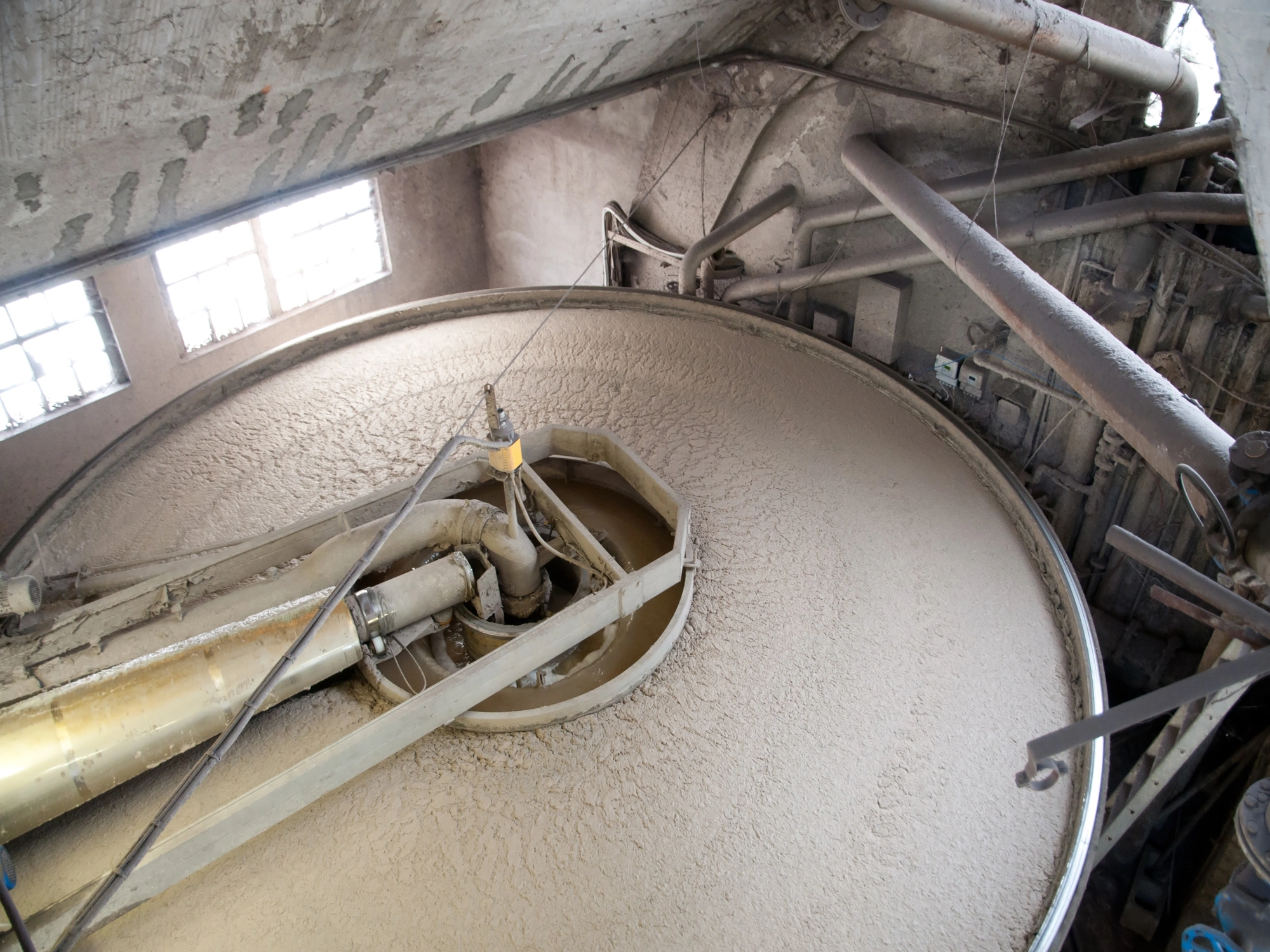
Pulping process
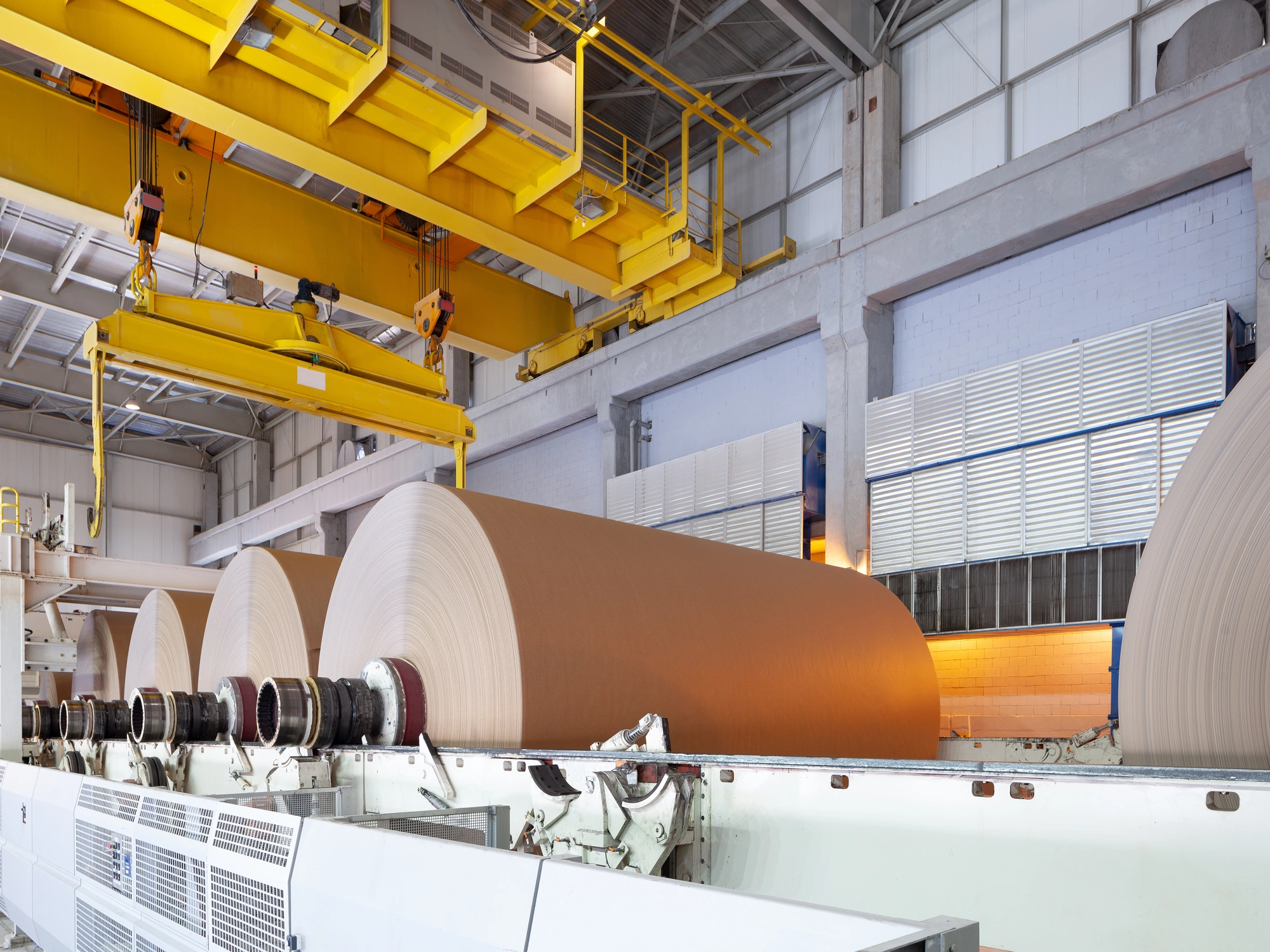
Recycled paper
How can we help?
At Riverdale Recycling, we are dedicated to providing comprehensive and reliable paper recycling services for UK businesses. We can recycle a vast range of paper types, offering a convenient solution for businesses with diverse paper waste streams. We handle the entire recycling process from start to finish. This end-to-end service simplifies waste management for businesses operating in multiple sectors and encompasses the collection, transportation, sorting and processing of paper waste.
To understand your business’s specific recycling needs and identify opportunities for improvement, Riverdale Recycling offers a free site audit. Our commercial team will conduct a thorough assessment of your current waste management practices and provide recommendations for increasing your site’s recycling efficiency.
Beyond just the physical recycling process, we offer detailed monthly reports that give businesses a clear understanding of their recycling efforts, including information on the types of materials recycled, their grades and the total weight processed. These reports also detail the specific recycling or recovery processes used, providing transparency and accountability. Furthermore, we offer an annual Carbon Impact Report, which quantifies the environmental benefits of a business’s recycling activities in terms of carbon emissions avoided.
To learn more about how Riverdale Recycling can assist your business with its paper recycling needs, contact us.
More from our blog
Serving UK businesses for over 40 years
We have built a legacy of expert waste management, driving innovation in sustainable recycling solutions.
Operating a Zero Waste to Landfill policy
We strive to eliminate landfill reliance through meticulous sorting, processing and innovative waste-to-energy services.
North East based, delivering nationwide services
We're a North East company with a national footprint, supporting businesses across the UK.
Expert knowledge with a personalised service
We tailor our waste management solutions to meet your unique business needs, offering ongoing support.
